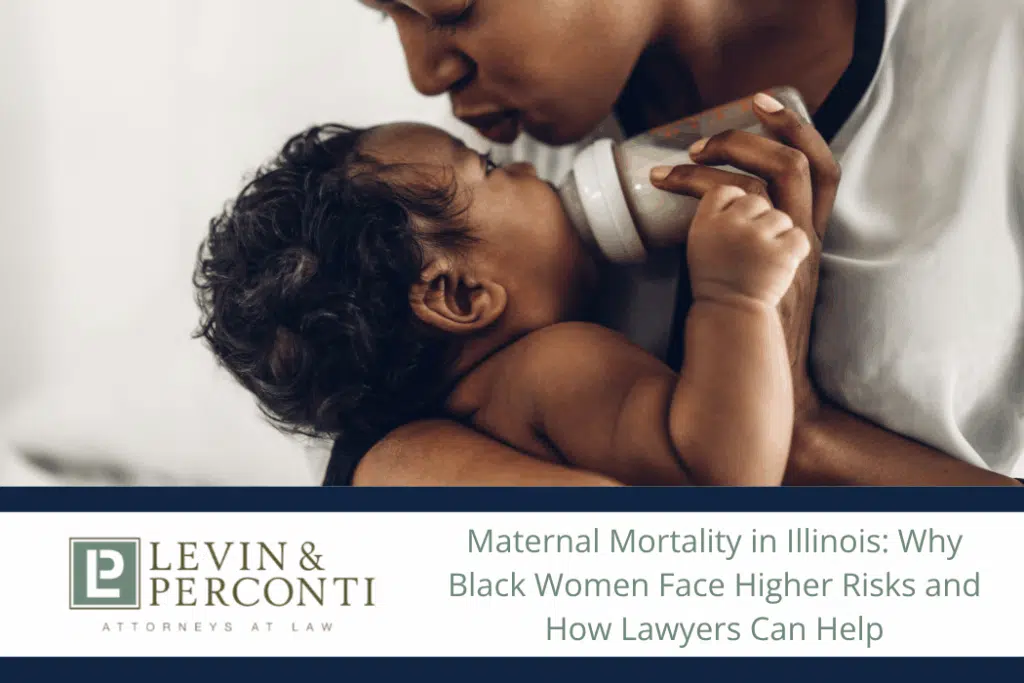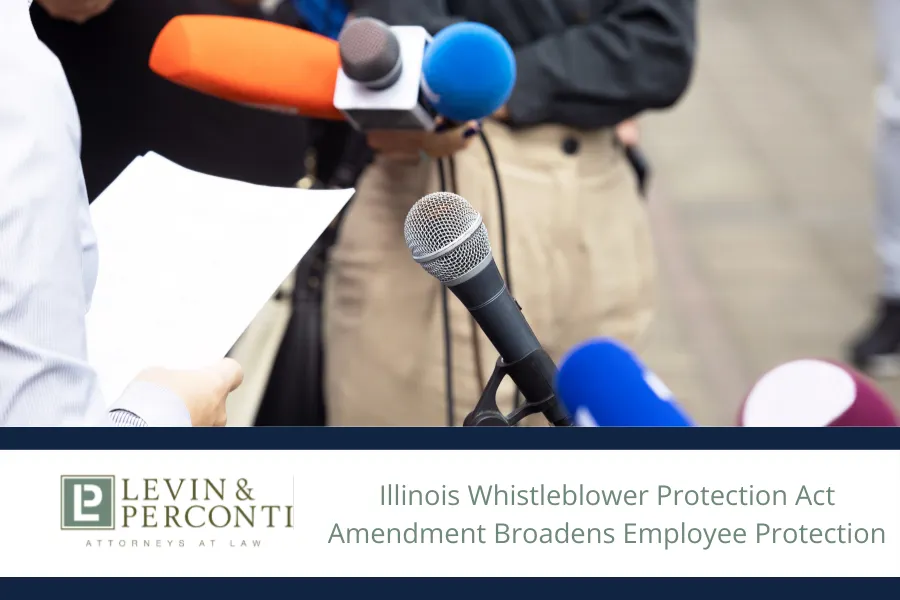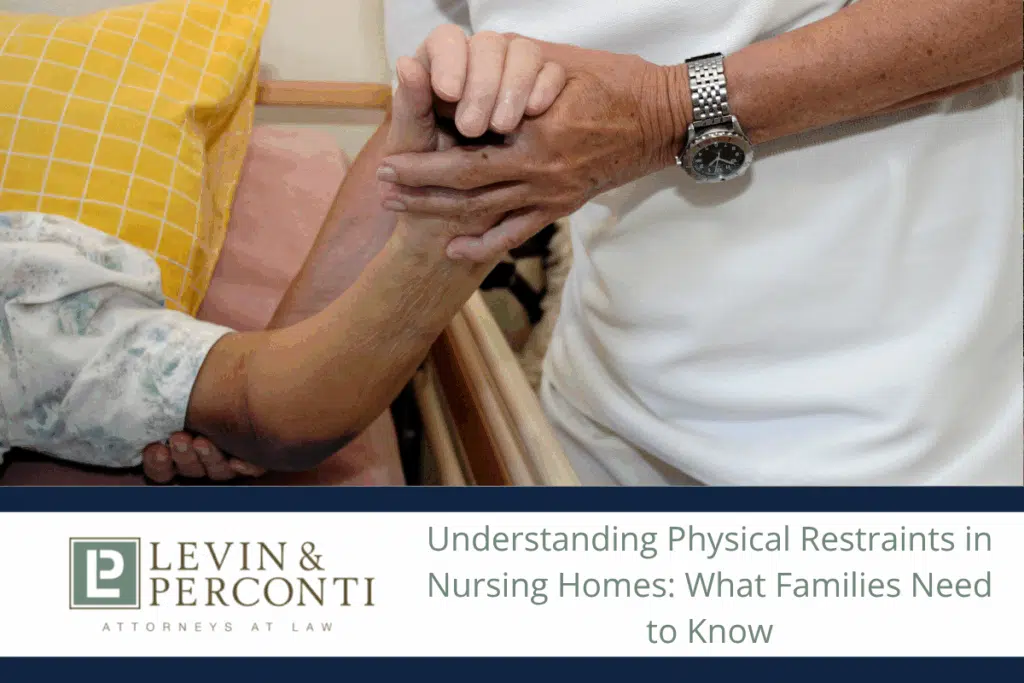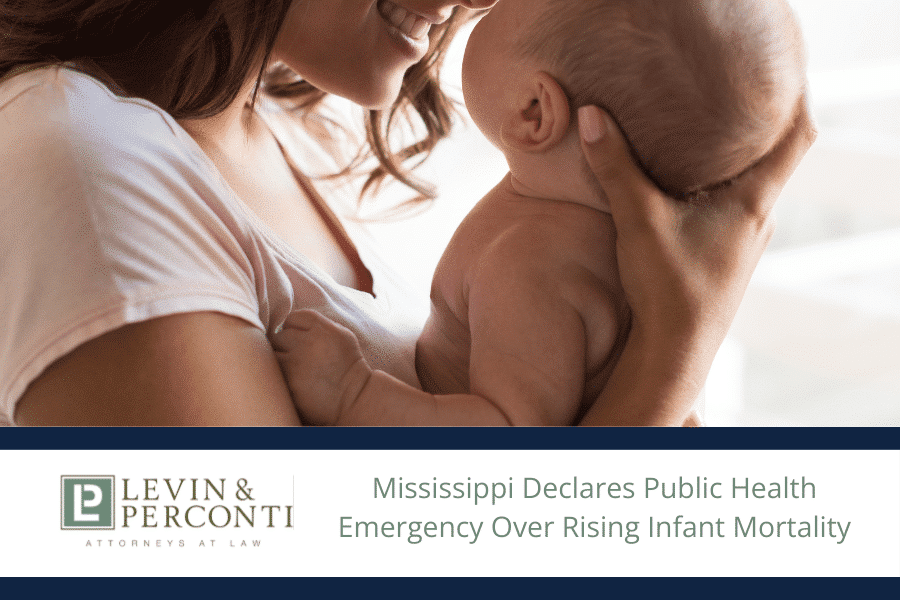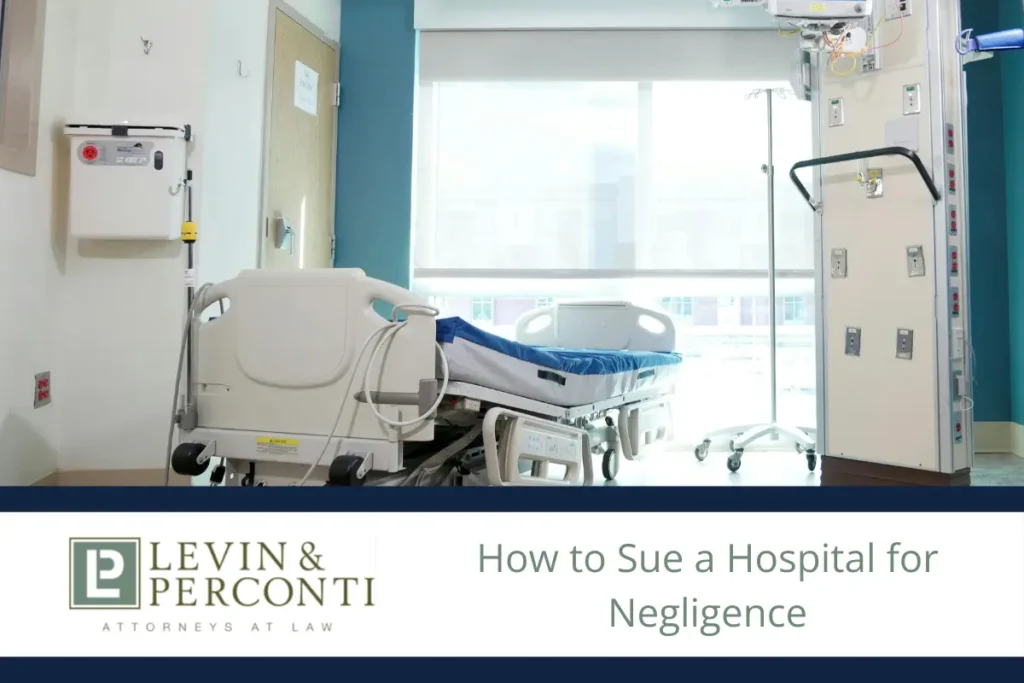Guide to the Cerebral Palsy Statute of Limitations in Every State

Cerebral palsy is typically diagnosed months or years after birth. Most states make exceptions for conditions that are diagnosed after the general statute of limitations has expired, but your time to file a claim is still limited. If your child has been diagnosed with cerebral palsy, reach out to our cerebral palsy attorneys by calling (312) 332-2872 before time runs out.
Home | Chicago Birth Injury Lawyer | Chicago Cerebral Palsy Lawyer | Guide to the Cerebral Palsy Statute of Limitations in Every State
Quick Links
- What Is a Statute of Limitations?
- Is It Too Late To Sue for My Child’s Cerebral Palsy?
- Who Can File a Cerebral Palsy Birth Injury Claim?
- Cerebral Palsy Statute Of Limitations By State
- Are There Other Exceptions to the Statute of Limitations?
- Why Choose Us to Handle Your Cerebral Palsy Birth Injury Claim?
- Contact the Cerebral Palsy Lawyers at Levin & Perconti Today
What Is a Statute of Limitations?
Statutes of limitations set strict legal deadlines for filing lawsuits. Every state sets multiple statutes of limitations for different legal actions in their jurisdictions. The statute of limitations for cerebral palsy birth injury is generally governed by the medical malpractice statute of limitations. The table below breaks down cerebral palsy statutes of limitations by state.
Remember, if you file your claim after the applicable statute of limitations expires, the presiding court will likely dismiss it. As a result, you will lose your right to pursue legal compensation for your child’s cerebral palsy. Consult our experienced cerebral palsy lawyers to determine what deadline governs your case and whether exceptions apply.
Our firm provides legal representation to parents of children with cerebral palsy nationwide. We charge no upfront fees for our services, and you only pay if we recover compensation for you and your child.
Is It Too Late To Sue for My Child’s Cerebral Palsy?
Cerebral palsy is a neurological disorder caused by a brain injury or malformation that occurs while a child’s brain is still developing. It sometimes results from medical negligence during pregnancy, childbirth, or immediately after birth.
There are four types of cerebral palsy. Due to the difficulty of recognizing cerebral palsy symptoms, most children are diagnosed between 12 and 18 months of age. Some are diagnosed even later.
The statutes of limitations for cerebral palsy cases, particularly those related to medical malpractice, vary depending on the jurisdiction. In some states, it is as short as one year. Fortunately, most states apply some version of the discovery rule, a legal doctrine that pauses (“tolls”) the filing countdown set by the statute of limitations.
How Does the Discovery Rule Work?
To prevail in any personal injury claim, including those involving medical malpractice, you must prove an injury occurred. For instance, cerebral palsy often develops when a baby’s brain is deprived of oxygen during birth. Even if medical records confirm your baby suffered oxygen deprivation at birth, you can only file a claim if your baby is diagnosed with a medical condition caused by the incident. This may not occur until a year or more after birth.
Without the discovery rule, many parents and children diagnosed with cerebral palsy would have no legal recourse to pursue justice. The rule gives you more time to file a cerebral palsy lawsuit by pausing the countdown until the date you discovered or reasonably should have discovered your child’s injury. The discovery date will typically be the date of your child’s cerebral palsy diagnosis.
The Discovery Rule and Due Diligence
Importantly, the rule often requires that plaintiffs have acted with reasonable diligence to discover the injury. If an injury could have been discovered earlier with reasonable efforts, the court may find that the statute of limitations began at that earlier date. Therefore, defendants may try to avoid liability by claiming that you should have discovered your child’s condition sooner.
This tactic is often a meritless attempt to persuade the court to dismiss your claim. The standard for determining the discovery date is based on what a reasonable parent would discover in the exercise of due diligence based on the information available to them. Due diligence may simply mean you took your child to a doctor or other medical professional when symptoms became apparent to your untrained eye.
While some symptoms may emerge within a few months, most parents lack medical training and cannot be expected to recognize subtle signs of cerebral palsy. In some cases, parents seek a diagnosis for months before learning their child has cerebral palsy and that medical malpractice is responsible.
Who Can File a Cerebral Palsy Birth Injury Claim?
Since minors with cerebral palsy typically cannot file legal claims themselves, a parent, guardian, or guardian ad litem can file a claim on their behalf. However, some states allow them to file their own claim after they turn 18.
Your state may also allow you and your child to file separate lawsuits if you face unique losses. For example, you may be able to file your own claim seeking compensation for:
- Lost wages
- Excess childcare costs
- Added educational costs
- Medical expenses
- Therapy
- Assistive devices
- Medication
By contrast, your child’s claim may seek compensation for things like reduced quality of life, lost future earning capacity, and medical expenses they incur after turning 18.
Cerebral Palsy Statute Of Limitations By State
| Sample ID | Heading 1 | Heading 2 | Heading 2 |
|---|---|---|---|
| Sample #1 | Row 1, Content 1 | Row 1, Content 1 | Row 1, Content 2 |
| Sample #2 | Sample #2 | Row 2, Content 1 | Row 2, Content 2 |
| Sample #3 | Sample #3 | Row 3, Content 1 | Row 3, Content 2 |
Are There Other Exceptions to the Statute of Limitations?
A court can only make an exception if doing so is not prohibited by law. Other than the discovery rule, the primary exceptions that may allow a court to extend the statute of limitations involve:
- Fraudulent concealment of a cause of action by the defendant
- Inability to file due to being disabled or under 18 years old
- A defendant’s absence from the state
Even if an exception exists in your jurisdiction, never assume that it applies to your case before consulting with an attorney. If you guess wrong, you could forfeit your claim. To make sure you file your claim on time, consult our acclaimed birth injury lawyers as soon as possible after your child is diagnosed with cerebral palsy.
Why Choose Us to Handle Your Cerebral Palsy Birth Injury Claim?
We are a nationally recognized birth injury law firm and have recovered more than $2 billion in verdicts and settlements on behalf of our clients. We were one of the first law firms to take on cerebral palsy claims, and our knowledge of federal and state birth injury laws is unmatched.
Dov Apfel and Seth Cardeli, both esteemed members of our legal team, are national leaders in cerebral palsy advocacy. Dov has more than 30 years of experience handling cerebral palsy and birth trauma cases. His law review article set the standard for how birth injury litigation is handled today. He and Seth Cardeli are regular speakers in birth injury litigation conferences nationwide.
Legally Reviewed by

Bonamarte, IV
Read Bio
Since 2005, Michael Bonamarte IV has been a passionate advocate for victims of negligent conduct, corporate malfeasance, and medical malpractice. He has won numerous awards and recognitions, including Best Lawyers in America and Super Lawyers’ Rising Star. He has presented for the American Association for Justice, the AAJ Nursing Home Litigation Group, the John Marshall Law School, and numerous other legal associations. He regularly lectures at Chicago-area aging organizations about nursing home abuse. His writings have been published by the American Bar Association, the Chicago Daily Bulletin, and numerous other prestigious publications.
Related Pages
Notable Results
for failure to properly read pap smears, resulting in the misdiagnosis of cervical cancer and eventual death of a 35-year-old mother of three children.
for failing to biopsy a known breast tumor, resulting in the delay of diagnosis of breast cancer, causing death.
for failing to perform an annual pelvic exam, which resulted in the untimely diagnosis of ovarian cancer.
Contact the Cerebral Palsy Lawyers at Levin & Perconti Today
The clock for cerebral palsy birth injury claims starts ticking the moment you receive your child’s diagnosis. Even if the discovery rule or another exception applies, you still have limited time to file your claim. It is crucial that you not wait to reach out to an experienced cerebral palsy lawyer.
Our legal team has developed an effective and aggressive approach to birth injury litigation, and we never settle for less than full and fair compensation. Contact us today online or call us at (312) 332-2872 to schedule your free, no-obligation consultation.

Related Blogs
